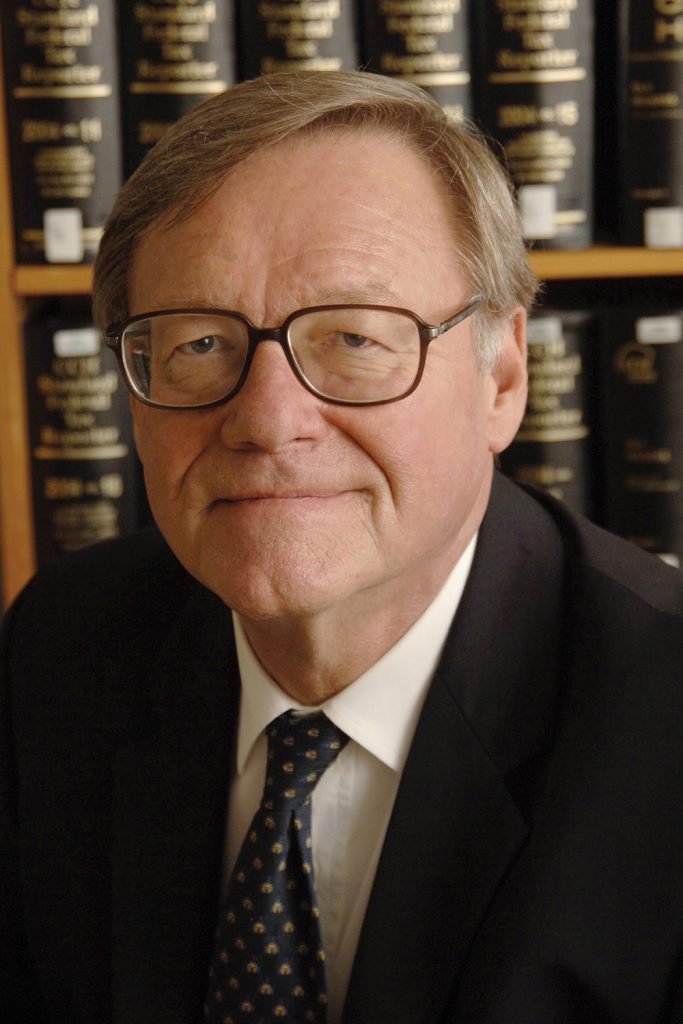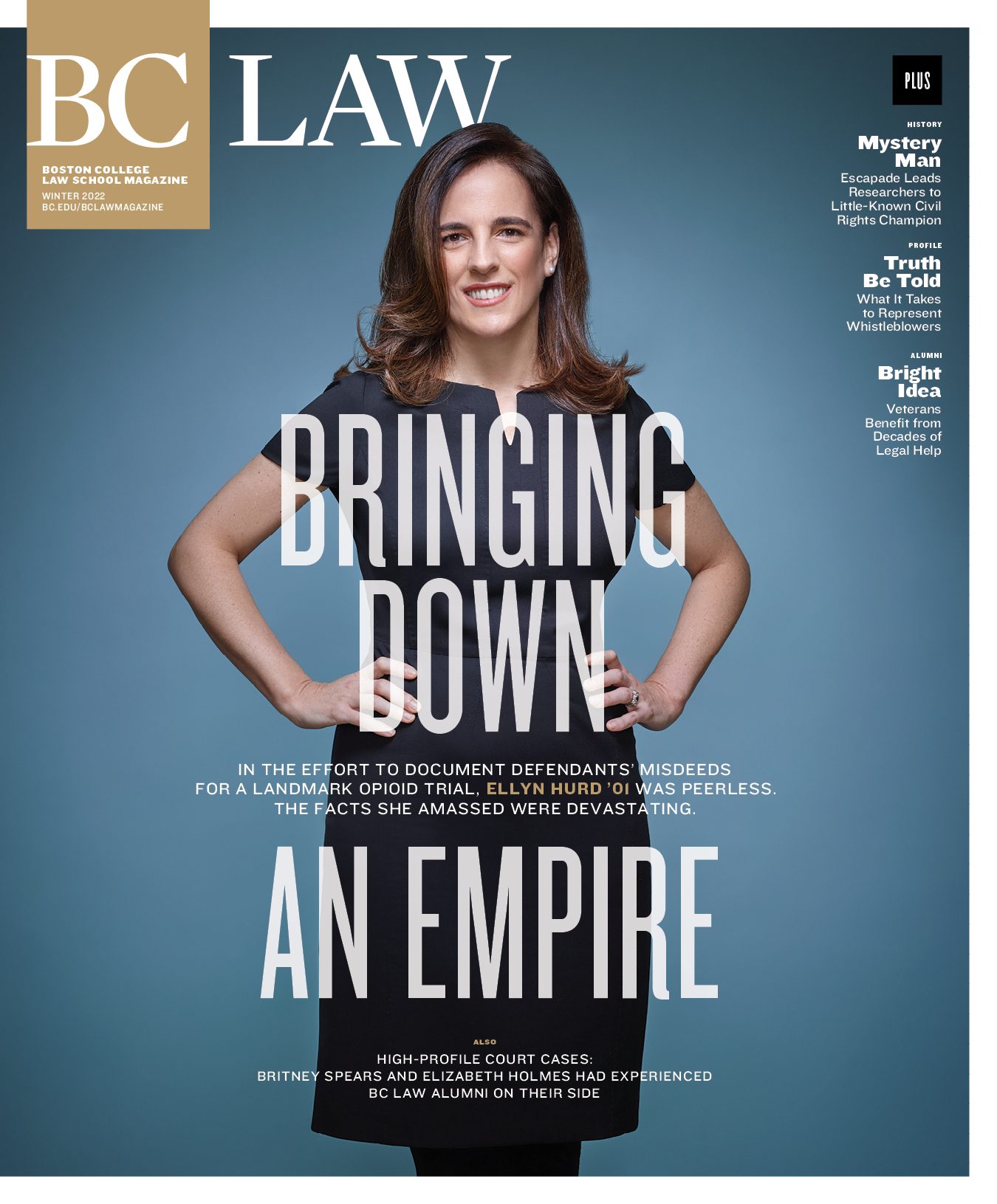Interim BC Law Dean Diane M. Ring and Professor Emeritus Hugh J. Ault have spent decades studying taxation at home and abroad. Both have consulted to the United Nations on strengthening tax systems in developing countries. Recently, Ault saw the successful results of his work with the Organization for Economic Cooperation and Development (OECD) to establish principles for the possible application of a global minimum tax, and Ring explored the rise of the sharing economy and its implications for US tax law, as well as IRS policies and declining resources. Here they discuss some current developments and concerns in those areas.
HA: Countries are increasingly aware of the importance of cooperation in international tax matters. What I’ve found most satisfying is the development of the OECD from this tight club of some thirty-five high-income countries—of which South Korea was the last to join—into the so-called Inclusive Framework, which is now more than 130 countries. It is an international tax organization that we wouldn’t have dreamed was possible in 1998 when I began working with the OECD.
DR: There’s also more attention paid to the fact that countries have different needs. The top tax priorities of developing nations looking for a path to stable revenue may look different both from more developed countries and from each other, depending on their domestic infrastructure, economic position, existing network of tax agreements and tools, and substantive tax system.
HA: Yes, I suppose the most important lesson is that one size doesn’t fit all. And that all countries have to come to a balance between revenue needs and efficiency, taking into account their available resources.
What’s more, there’s a huge paradigm shift in international tax rules. Trying to work out how to tax the digital economy is the core of most of the problems. One important change is the introduction of so-called digital service taxes that allow countries to tax companies with no physical presence within their borders. But if you have a jungle of overlapping, conflicting digital services taxes, it’s a mess. The companies don’t win, the countries don’t win.
The UN Model Double Taxation Convention has a draft article (12B) on how digital services taxes should be structured. A lot of developing countries are using that as the basis for their domestic legislation when they put in additional services taxes. It’s important that this came from the UN, so the developing countries were at the table, they had buy-in on it, and it wasn’t the OECD saying in a kind of neo-colonial way, this is what you countries ought to do.
“There’s a huge paradigm shift in international tax rules. Trying to work out how to tax the digital economy is the core of most of the problems.”
Professor Hugh Ault
DR: My colleague Shu-Yi Oei and I looked at how tax rules pertain to ridesharing businesses like Uber and Lyft. For one paper, we read over a year’s worth of online posts where rideshare drivers talk to each other, to understand how they’re experiencing the tax system. Some were engaged in deep back and forth about tax law. What was deductible as a ridesharing driver? How do you document it? Even when they were wrong, they were trying to grapple with the rules. What was clear was that they were finding the system very complicated.
The system is treating these workers as if they were small businesses, with requirements for filing, reporting, and record keeping. But these drivers are often doing it part-time as students, or between jobs, and they’re not always going to invest the time to understand the rules better because they do not see “being in business” as their longer-term path. So, what you start to see is a clash between our tax regime for small businesses, and what’s realistic for this group of taxpayers.
HA: Similarly, the IRS has more incentive to audit the childcare credit of unrepresented lower middle-class families than to face the sophisticated lawyers of a higher earner. I think the whole focus of administration should be more on high-end, high-net-worth individuals and away from the easy cases, the low-hanging fruit.
DR: That reminds me of research by former National Taxpayer Advocate Nina Olson that revealed unwarranted disparities in the treatment of taxpayers settling certain issues with the IRS. Among taxpayers accused of FATCA [Foreign Account Tax Compliance Act] violations who settled with the IRS for not disclosing foreign bank accounts, lower income people, including immigrants who still held assets in their home countries, paid disproportionately higher penalties than the wealthier and better advised taxpayers.
IRS resources are another huge issue. Over the past couple of years, the IRS has seen hiring freezes and retirements of experienced officers with the sophistication and training to audit partnerships, for example, which, because of the complexity of the rules, can be playgrounds for the high-end earners you mentioned, Hugh.
At the same time, the IRS has been losing resources for training, so they have neither sufficient senior people to guide juniors, nor the kind of training they need to move them along.
Although there has been some improvement recently, that continues to be a major concern to me.





